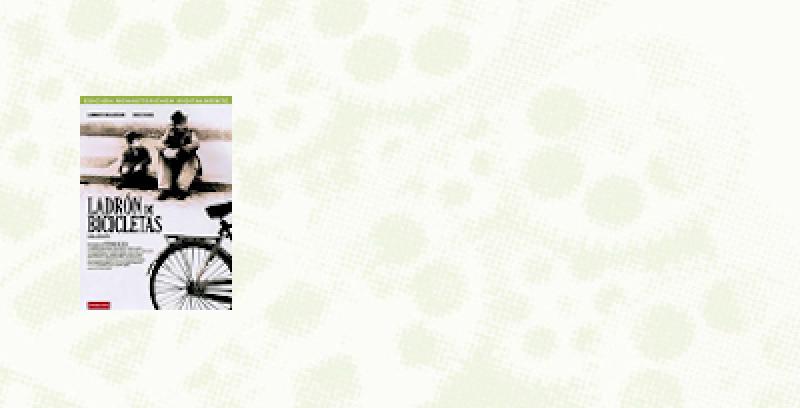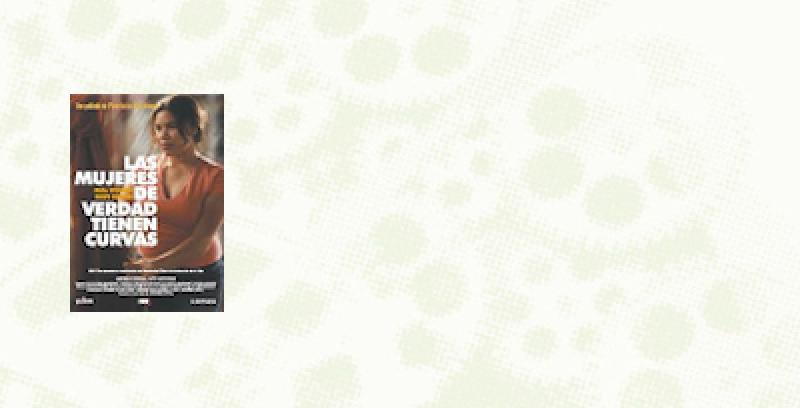Public time policies
Nosotras que lo quisimos todo
Author: Sonsoles Ónega
Subjects: Conciliation - Work - Uses of the time
Planet, 2015
Fiction based on the life of the author that it reflects like afterwards of made haber all duties the women continue fighting for a real equality in the work world that allows them to reconcile their personal and family life.

Dreams of the harem
Author: Fátima Mernissi
Subject: Gender - religion
Barcelona: Column [etc], 1999
Another example of the reality of women to Islam. A portrait of genre in an icy weather.

Twist Olive Tree
Author: Charles Dickens
Subject: social Classes - childhood - work
Barcelona: Prow, 1996
Hard portrait of childhood in 19th century London. A great classic.

Últimas afternoons con Teresa
Author: Juan Marsé
Subject: Social Classes - youth
Barcelona: Seix Barral, 1998
Great classic of Marsé, impossible love story and shock of social classes in the Barcelona of the Franco's regime.

La Clase [The Class]
Direction: Laurent Cantet
France, 2008
Subjects: Education - immigration - religion - social class - youth
In a school in a conflictive district the different realities of a multicultural society like France come to the surface. The film shows the complexity of learning in a culturally diverse society, which involves differences of values and generation gaps and delves into a process of historical acceleration.

Big
Dirección: Penny Marshall
USES, 1988
Asignaturas: Infancia - familia - clase social - trabajo
Un niño pide un deseo: ser adulto para poder disfrutar de todas las ventajas que ello conlleva. El deseo se le concede en parte: sigue siendo un niño, pero en el cuerpo de un adulto, y descubre que la vida de un adulto no es una ventaja para un niño. El tiempo vivido solo puede ser el presente; cualquier otra cosa crea enormes distorsiones de la realidad.

Ladrón de Bicicletas [Bicycle Thieves]
Dirección: Vittorio De Sica
Italia, 1948
Temas: Familia - clase social - desempleo - trabajo
En un suburbio de Roma, un trabajador que lleva dos años desempleado encuentra un trabajo. Para hacerlo necesita una bicicleta y saca la que tenía del corvejón, pero se la roban. Él y su hijo pasan un día angustioso tratando de encontrarlo. La falta de trabajo y perspectivas de futuro también destruye el espíritu humano.

La espalda del mundo
Direction: Javier Corchera
Spain, 2000
Subjects: Childhood - social class - work
Through a boy who works in a quarry, the documentary gives a voice to children who do not live their proper time, which ought to be for play and learning, and shows a society that does not provide then with what they need.

Real women haves curves [Las mujeres de verdad tienen curvas]
Dirección: Patricia Cardoso
USES, 2002
Asignaturas: Educación - emigración - madurez - juventud - trabajo
Ana, próxima a cumplir 18 años, es la primera en su familia en pensar en ir a la universidad, pero sus orígenes y la lealtad que siente hacia su familia se mantienen su espalda. Carmen, su madre, que ha tenido una vida muy dura, ha depositado en ella todas sus esperanzas. El cambio de estatus social también se refleja en la organización del tiempo de los personajes.

Manolito gafotas
Dirección: Miguel Albadalejo
España, 1998
Asignaturas: Educación - familia - barrio - madurez - juventud - trabajo
Tres generaciones de una familia de clase media conviven en la misma casa. La división de roles también marca el uso que cada uno hace de su tiempo.

El principio de Arquímedes
Direction: Gerardo Herrero
Spain, 2004
Subjects: Age - family - work
A plot about the working careers of two women and the effects on their families of the demands of an intensive job. The film starts from two women who have achieved their own professional and personal fulfilment, but question the model.

Modern Times
Direction: Charles Chaplin
USA, 1936
Subjects: Work
A worker on a conveyor belt is driven crazy by the excessive pace of the work. Chaplin's parody of the dehumanisation brought about by industrialisation and the control of productivity.


